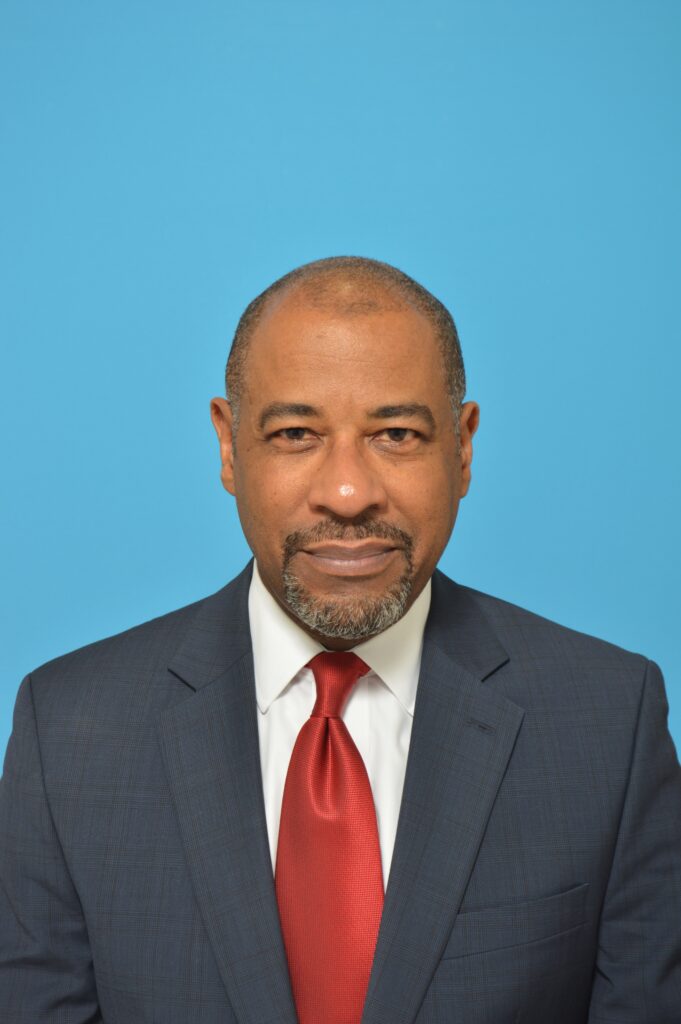By Ricardo Allicock
What is Diplomacy?
Generally, when one is introduced as an architect, dentist, lawyer or accountant, it’s pretty clear in the minds of those present that the person’s profession deals, respectively, with building design, teeth and gums, an aspect of the law or financial account analysis. However, when one is introduced as a diplomat, a certain degree of vagueness tends to hover in the air. Diplomacy -what is that, really?

Further increasing the opacity surrounding the field of diplomacy is the reality that some persons harbour negative impressions of the profession. Consider how many times you have heard some person lauded as “a diplomat” after bestowing flattery or a compliment upon some undeserving soul. In these instances, it is implied that the flatterer is stretching the truth to maintain peace or gain something by less than fidelitous means.
Consider the 17th century English author and politician, Sir Henry Wotton, who declared, “an ambassador is an honest man sent abroad to lie for the good of his country“. In this case, a representative who, though otherwise principled and truthful, has no alternative but to act and speak duplicitously to further his country’s agenda.
Then, there is Cassie Stinnett, a 20th century American travel editor who stated, “a diplomat is a person who can tell you to go to hell in such a way that you actually look forward to it“. What are we to make of this? That a diplomat is someone who would wish to tell you off and lead you to destruction through some delusive turn of phrase? Or, perhaps, one who deliberately confounds and deceives with impressive wordplay?
Regrettably, there are diplomats who subscribe to this line of thinking. “Diplomacy is the art of letting someone else have your way,” declared Daniele Vare, an Italian diplomat and author of the past century, with more than a whiff of cynicism. The suggestion here is that diplomats are so skilled at manipulation, so full of guile, as to hoodwink others into self harm while satisfying the agenda of said diplomats.
It seems, too, that we have embraced this notion in the Caribbean. In recent times, a book about small state diplomacy, penned by a respected diplomat of the region, made use of a variation of Mr. Vare’s aforementioned quote in its title. Certainly, it could not be that we want the world to believe that we, in the English- speaking Caribbean, consider diplomacy to be a zero-sum game of ‘I trick you to get what I want and you, dimwittedly, walk into an arrangement to your detriment.’ I win, you lose. I think not.
Contrary to this notion, diplomacy, certainly in the Caribbean context (read Jamaican), is the art of operating at the highest levels of integrity and dignity in the bilateral and multilateral utilization and expansion of soft power for the purpose of enhancing development and delivering benefit to our international partners.
Soft power is the ability to attract and co-opt the support and cooperation of others for specified benefit.
Brand Jamaica
In Jamaica’s example, much of our soft power resides in our culture, reputation and the skill of our diplomats. In fact, just recently, the Brand Finance Global Soft Power Index, which bills itself as “the world’s most comprehensive research study on perception of nation brands,” ranked Jamaica 39th of 105 nations for culture and heritage and 55th for reputation.
Jamaican diplomats, building on the cachet of “Brand Jamaica” among the community of nations, are thus able to effectively establish relationships on behalf of Jamaica with officials and other persons/organizations of influence in a manner that is cordial, professional, dignified and cloaked in integrity.
Beyond the establishment of beneficial relationships, diplomats seek to promote and protect the commercial, economic, cultural and diplomatic interests of their country within the jurisdiction to which they are posted.
When necessary, they negotiate in both bilateral and multilateral spheres, and also see to the protection of their nationals who reside in, or are travelling within the countries to which the diplomatic representatives are assigned. Importantly, too, diplomats report regularly to their countries on pertinent developments taking place in their jurisdictions.
Finally, the parameters which enforce and protect diplomats are universally standardized in the Vienna Convention on Diplomatic relations (1961). Central to this binding document is Article 29 which states, “The person of a diplomatic agent shall be inviolable. He shall not be liable to any form of arrest or detention. The receiving State shall treat him with due respect and shall take all appropriate steps to prevent attack on his person, freedom or dignity“. Inherent in this language is the expectation that the Diplomat shall operate at the highest level of personal circumspection on behalf of his/her Government.
After all, the provision of such protections comes with the expectation that a diplomat, representing the best behaviour and capacity of his country, would hardly conduct himself in a manner which would warrant the necessity of detention or arrest. By extension, such prudence makes no allowance for the loose association with truth that many of the earlier quotes have ascribed to the field of diplomacy.
So, what is diplomacy, really? Diplomacy is the application of noble, sincere, honourable and professional speech and action for the enhancement of friendly relations, dignified representation, effective negotiation, timely reporting and dedicated protection of national interests in bilateral and multilateral arenas. At its core, in the Caribbean context, we also continually strive to ensure mutuality of benefit with our diplomatic partners.
Ricardo Allicock was Jamaica’s Ambassador to Japan (2013-2020)